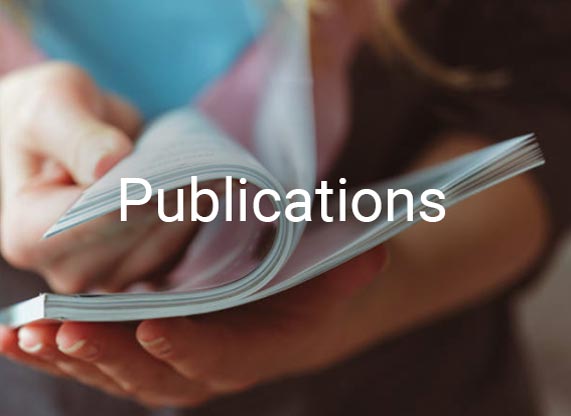| AJAX Error Sorry, failed to load required information. Please contact your system administrator. |
|
|
| Close | ||
| Loading..... |
Ensure Education Available To All In State Before Considering Autonomy — Fatimah
Date : 18 December 2014 Source : Borneo Post Online
KUCHING: The state needs to ensure that education is available to all, before it can even entertain the idea of reclaiming its autonomy on education from the federal government.
This is because it has to first look at the whole picture from the physical aspect right to the provision of human resource, education materials and operations, says Welfare, Women and Family Development Minister Datuk Fatimah Abdullah.
Most importantly, she said, the government needs to ensure that education reaches everyone, including rural students and disadvantaged children.
“Education is inclusive and we need to think this through as it requires money and proper planning. For instance, do we have enough schools and teachers?
“The cost to run the education system is very high, which includes infrastructure development, preparing the sufficient amount of human resource and education syllabus.
“Furthermore, training of teachers takes time and we need to cater for all types of schools including Mission schools, Chinese schools, special education and so on,” said Fatimah, who is minister in charge of education in the state, told reporters when met at her office at Baitulmakmur building here yesterday.
She added that at present, the state still relied on the service of teachers from the peninsula, while producing more local educators.
Statistics from her ministry revealed that of the 41,499 teachers attached here as of last year, 32,044 were Sarawakians while 9,455 were from various states throughout the country, and 83 were foreigners.
Fatimah was responding to state DAP chairman Chong Chieng Jen’s recent suggestion that the state reclaim its autonomy on education, believing that the current system was peppered with an ‘Umno’ agenda designed to produce racists and encourage extremism.
Chong, who is Kuching member of parliament and Kota Sentosa assemblyman, also opined that the system was filled with Umno political indoctrination such as ‘ketuanan Melayu’ (Malay supremacy) and there was a glaring omission of the history of Sarawak and the formation of Malaysia in the History syllabus.
Fatimah agreed that there was a common ground between the state opposition and the ruling government on the matter.
“What we learn when compared to my time, it has to be changed. Sarawak has to be incorporated in the history lesson. It merits more than what is mentioned at the moment. Some of the facts are inaccurate and this has been pointed out.
“We are in a more open environment today, we have been given the space and opportunity to voice out our concerns and what need to be corrected. History is based on facts and this needs to be written appropriately,” she continued.
However, she assured that the state would create more engagement with its federal counterpart on the provision of school facilities and infrastructure.
“We will hold more dialogues with the federal government on school repairs and upgrades, facilities improvement, building new buildings to reduce the number of schools with double sessions, developing more pre-schools in rural areas and also building more classes for special needs students.
“There are many needs that we still have to work on,” she added.
Education is point 15 in the 18-point Sarawak Agreement and 20-point Sabah Agreement, the list on the proposed terms for the incorporation of the two states into Malaysia. It says “The existing education system of Sarawak (and North Borneo) should be maintained and for this reason it should be under state control.”
However, both states have given up their autonomy on it to make education a federal matter.
State Secretary
Sarawak State Secretary Office,
Level 20 , Wisma Bapa Malaysia
Petra Jaya, 93502 Kuching
Tel :082-441957
Fax :082-441677
Email: 555999@sarawak.gov.my
Copyright © 2018-2025 Sarawak Government. All rights reserved
Disclaimer: The Government of Sarawak shall not be liable for any loss or damage caused by the usage of any information obtained from this portal. Services provided through this portal are subject to the terms and conditions of the respective providers
Best viewed with latest Firefox and latest Google Chrome in 1024 x 768 screen resolution.
No. of visitors 29910422



